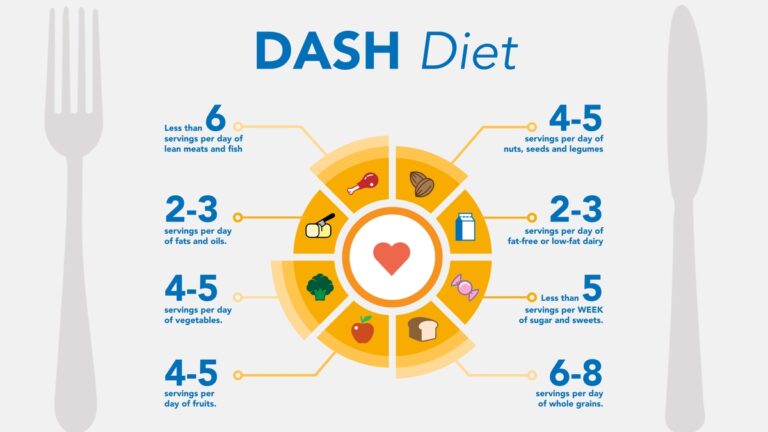Understanding and maintaining healthy blood pressure levels is a fundamental aspect of long-term health. Blood pressure is related to the ability of the heart to pump blood around the body and is an important indicator of cardiovascular health. High blood pressure often causes no obvious symptoms, so it can do damage silently and lead to serious heart-related problems such as heart attack and stroke. The good news is that by monitoring your blood pressure and making certain lifestyle changes, you can significantly improve your health and lower your risk of high blood pressure.
Importance of blood pressure monitoring
According to Yale Medicine, blood pressure is measured in two numbers: systolic blood pressure and diastolic blood pressure. These numbers provide insight into the forces exerted by the heart as it pumps blood and the resistance it faces when it is at rest. A combination of factors such as age, family history, stress levels, lifestyle, and pre-existing health conditions can cause high blood pressure. Therefore, regular monitoring is essential to stay on top of your cardiovascular health.
power of food
One of the most powerful tools for managing blood pressure is a balanced diet. The DASH (Dietary Approaches to Stop Hypertension) diet is supported by many health organizations as an effective approach to lowering blood pressure. This diet focuses on fruits and vegetables, whole grains, lean proteins, and low-fat dairy products. There is an emphasis on reducing intake of sodium, animal fat, and added sugars. Additionally, nitrate-rich vegetables, potassium-rich foods, and flaxseeds can also help lower blood pressure.
However, it's not only important what you include in your diet, but also what you exclude. Foods high in saturated fat, excess salt, fried foods, and alcohol can have a negative effect on blood pressure. Also note that people taking certain blood pressure medications should avoid grapefruit and grapefruit juice.
Lifestyle changes to control blood pressure
In addition to diet, other lifestyle modifications can also help manage blood pressure. Regular exercise, weight management, and stress reduction techniques can all help maintain healthy blood pressure levels. To ensure lasting health benefits, it is important to focus on long-term, sustainable changes rather than quick fixes.
Prevention is better than cure
Even people with a genetic predisposition can reduce their risk of high blood pressure by following a healthy lifestyle. Regular monitoring, a balanced diet, and an active lifestyle are his three pillars of blood pressure management. By taking these precautions, you can not only prevent high blood pressure but also strengthen your overall health.
healthcare support
Finally, remember that you are not alone on this journey. Medical facilities like HopeHealth provide education and support to patients and emphasize the importance of having a medical home. They can provide guidance on implementing the DASH diet, regular exercise, and other lifestyle changes to ensure optimal blood pressure control.
In conclusion, maintaining healthy blood pressure is an achievable goal that can significantly improve your long-term health. It requires regular monitoring, a balanced diet, and a commitment to a healthy lifestyle. By implementing these strategies, you can build a strong foundation for heart health and overall health.


